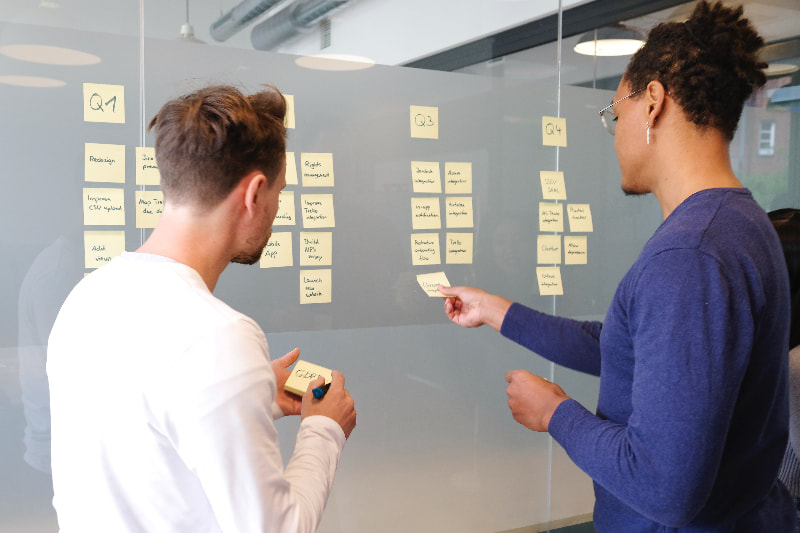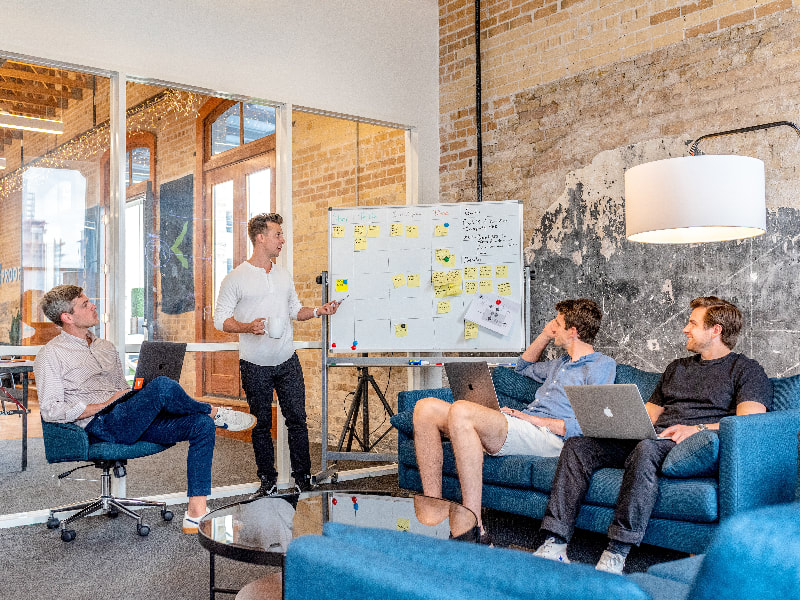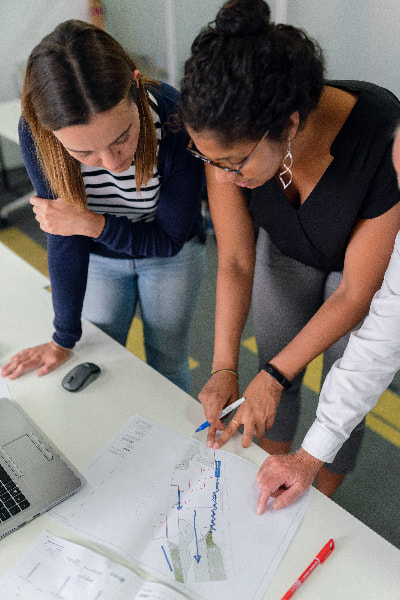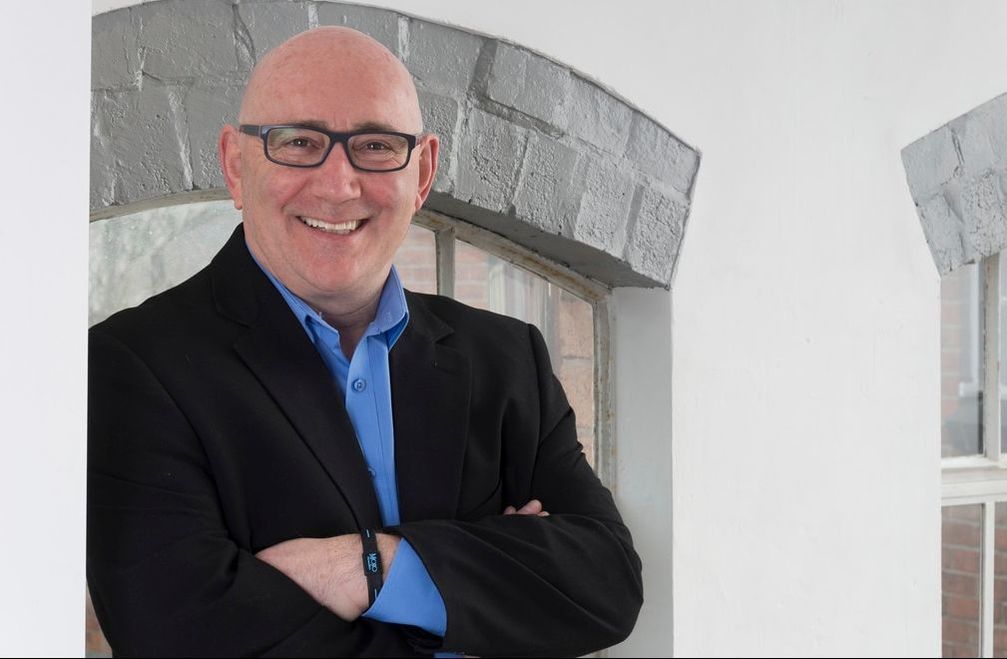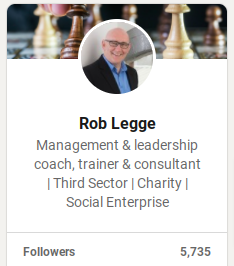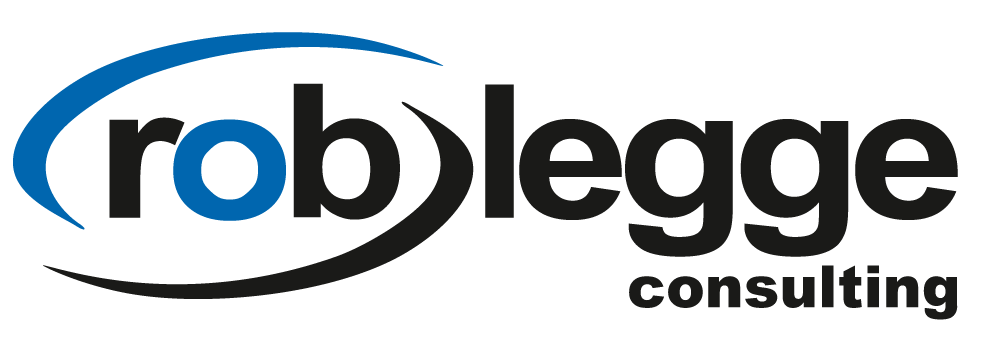Charities are adopting the language and processes of co-production. This is both a choice and a demand from funders. This blog identifies four useful steps an organisation should go through to increase the chances of a successfully co-produced service.
what is co-productioN?
There is no agreed definition of co-production. Best practice is still evolving.
Co-production is not just a word, it is not just a concept, it is a meeting of minds coming together to find a shared solution. This indicates a fundamental shift in power in the delivery of services from the professionals doing things to or for the beneficiary. The direction of travel in the development of services is increasingly putting the end user at the centre of the project. People increasingly talk about service users being “experts by experience.” A lot of energy goes into consultation and participation.
However, this is not co-production. In practice, it involves people who use the services being engaged from the start to the end of the project. They are integral to the concept, delivery and also the learning from the project.
There is a fundamental difference between co-production and participation. Participation means being consulted while co-production means being equal partners and co-creators.
Co-production is not just a word, it is not just a concept, it is a meeting of minds coming together to find a shared solution. This indicates a fundamental shift in power in the delivery of services from the professionals doing things to or for the beneficiary. The direction of travel in the development of services is increasingly putting the end user at the centre of the project. People increasingly talk about service users being “experts by experience.” A lot of energy goes into consultation and participation.
However, this is not co-production. In practice, it involves people who use the services being engaged from the start to the end of the project. They are integral to the concept, delivery and also the learning from the project.
There is a fundamental difference between co-production and participation. Participation means being consulted while co-production means being equal partners and co-creators.
co-design
All stakeholders including commissioners, senior managers, service leaders, front line staff, volunteers, service users should be engaged with the process in designing the service and what it is trying to achieve. By stakeholders being involved as equal partners the design and delivery of the services will be unique and owned by all. To get the design perfect from day one is unheard of. The co-design process therefore needs to be an ongoing dialogue that is open and honest as all parties can contribute and learn.
co-decision making
By using all stakeholders as equal partners and particularly facilitating the service users to be part of the decision-making process, for example on the allocation of resources fundamentally changes the ethos of the project.
Co-delivery of services
The “expert by experience” title is a genuine powerful role in co-delivery of services. This expertise is tapped into frequently to consult on delivery paths and actively innovate in services.
An example from a young person’s well-being service where staff created a poster and social media campaign. The young people commented on it and it was changed. The next time as staff better understood co-production young people were an integral part of the design team and produced better marketing materials.
An example from a young person’s well-being service where staff created a poster and social media campaign. The young people commented on it and it was changed. The next time as staff better understood co-production young people were an integral part of the design team and produced better marketing materials.
co-evaluationEvaluation is currently driven by funder or organisational requirements. In co-production this is challenged as all stake holders have an equal say on how the service is evaluated. This results in a more wholistic understanding of the benefits of the service (not just data driven). It is also often better at identifying any flaws in the delivery that can be improved from the perspective of the end user. |
Co-production needs more case studies so that we can all learn. The challenges are great, it requires a new way of leading, a new way to manage risk and a new way of commissioning that involves key stakeholders in a genuinely integrated way.
But the early results of co-production are encouraging as organisations report greater commitment, innovation and success for all.
But the early results of co-production are encouraging as organisations report greater commitment, innovation and success for all.

